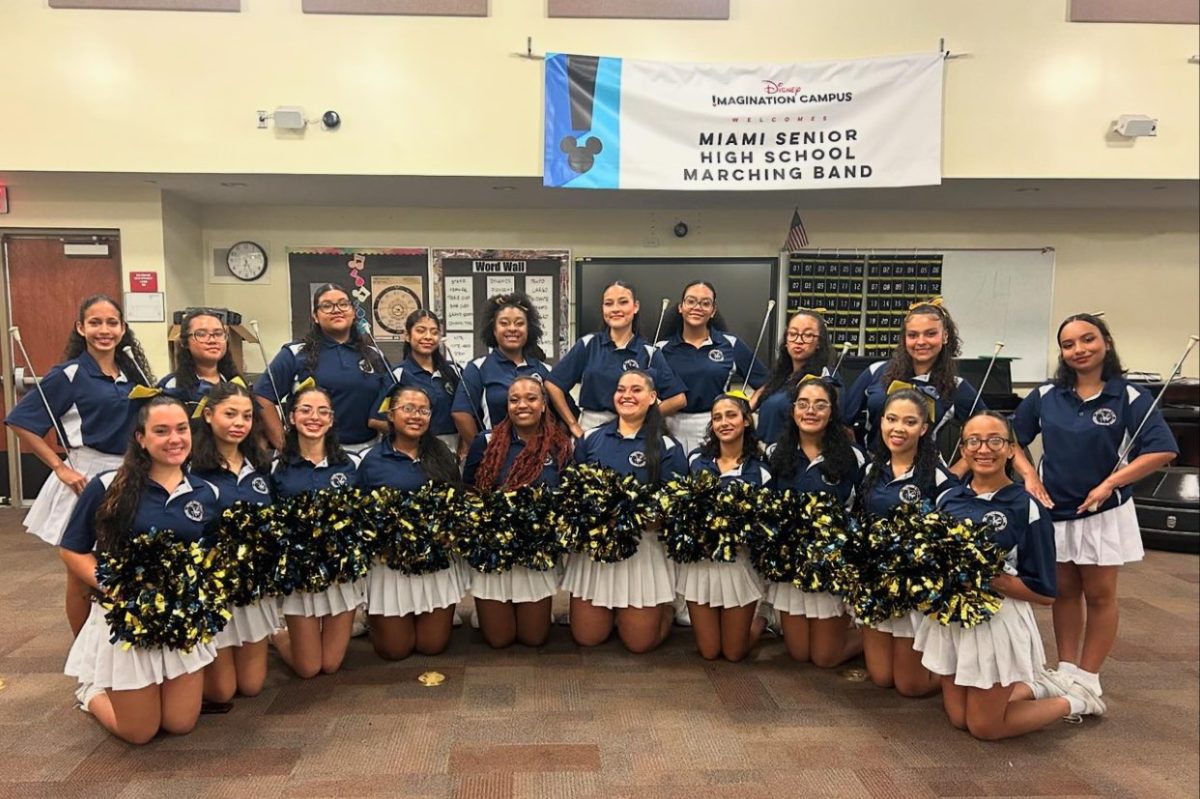Living with Generational Trauma
February 13, 2023
Not many people know what generational trauma is; some don’t even know they may have it. Generational trauma refers to a series of traumatic events that happened to your ancestors which later affect the way your parents treat you.
My Own Experiences
As someone who has dealt with generational trauma, I have to say it can be very difficult in certain areas of your life. It affects some people emotionally, others physically. Mine was more emotionally rooted. It affects me in the way I see relationships or the way I treat people or even myself.
My mom was the one that gave me and my sisters generational trauma. Her mom and dad gave it to her as their parents did to them. I have seen how this has affected my mom in the way she can be emotionally detached and does not realize how hurtful her words can be to others. This is something that I have seen in myself, which I try to hold back on as it is a trait I don’t want to have as I continue growing up.
Not only does it affect how I treat others, but it affects myself because I have a bad habit of letting people control what I do or how I feel. I compromise my own feelings to let others have their own comfort. Now as a teen I can see how it was never my mom’s fault considering she never had anyone to teach her better.
What was is it like to live with Generational Trauma?
Besides my own experience, I asked some students about their experiences with generational trauma. Sophomore Chloe Lopez said that living with generational trauma is like living afraid of the world and feeling a constant need to please everyone around you. When asked why, she said that it is something she was brought up to think considering as a child she was always told it wasn’t enough and she needed to be better.
Another sophomore, Isabella Yera said, “I feel like living with generational trauma is this constant fear that you’ll end up just like them.” Every student that was asked to share about their experience dealing with this trauma had a similar answer to this: afraid of ending up like the ones that caused yours.
Who has given you generational trauma and how was theirs caused?
This trauma is something that was passed down from generations. The way your parents were treated is most likely the way that they will treat you. A male student said that it was his father that caused his trauma. He said, “My father was born in Cuba and so was all his family. His beliefs were embedded onto him by his family which he did the same to ours. I don’t think it was his fault for how he was brought up considering he lived in a different time and way different circumstances, so I don’t blame them for not understanding certain things.” Chloe mentioned how her mother gave her this trauma. She said her and her mom grew up with their moms telling them how they needed to be better and taking their anger out on them.
How has it affected you?
Generational trauma can affect everyone in many ways. Isabella said it has affected her in the way she sees herself in the future. She says she is afraid she will end up like her father. She also said, “I’m scared to have children of my own, thinking I’ll treat them the way he’s treated me.” Another junior female student said that generational trauma has affected her by making her feel like she always needs to do or say what anyone and everybody wants even if it means compromising her own feelings or needs. She said it has made her feel useless and like she can’t do anything right and just ruin things.
Do you think it is possible to break the chain?
This is something that weighs heavy in many people’s minds, always having that constant fear that they could one day continue this cycle. A male sophomore said that he feels like it is possible to break the chain of generational trauma. He thinks that if people get the right help they need and learn healthy ways to cope with their trauma, they can be better and break the chain. According to an online source called, “Can you stop the cycle of generational trauma?”, posted on the website for Amen Clinics, “ancestral trauma can be stopped, but it will not go away on its own. Families can make resilience to their new legacy by actively seeking to address the trauma.” So while discontinuing your generational trauma may be hard, but it is not impossible to do.
Signs you may have generational trauma:
-
A sense of a shortened future
-
High anxiety
-
Depression
-
Panic attacks
-
Sensitive fight or flight response
-
Issues with self-esteem and self-confidence
Source: https://www.health.com/condition/ptsd/generational-trauma#:~:text=The%20symptoms%20of%20generational%20trauma,DeSilva%20said.





